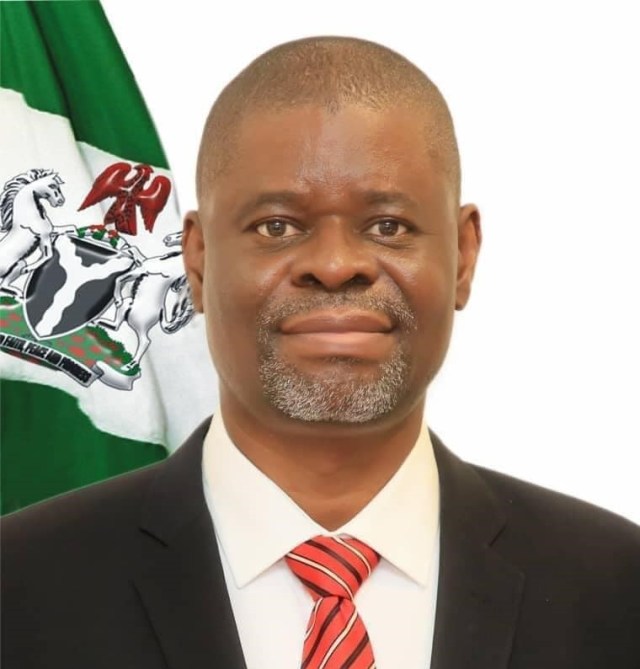By Otive Igbuzor, PhD
Most states in Nigeria have population that is more than the 50 smallest nations in the world. Despite the recognition of the challenges of corruption, most states do not have anti-corruption programmes. The countries with lesser populations include Seychelles (95,476), Sao Tome and Principe (216,834), Swaziland (1,216,800), Mauritius (1,400,740), Botswana (1,949,725), the Gambia (1,796,535), Lesotho(2, 024,410), Namibia (2, 167,740), Bahrain (795,770), The Bahamas (350,150), Trinidad and Tobago (1,344,350), Luxembourg (491,775) and Macedonia (Former Yugoslav Republic of Macedonia) (2,066,718).

The Paradigm Leadership Support Initiative (PLSI) subnational Audit efficacy index which examines the level of transparency and accountability operational in the management of public funds and implementation of public policies in all 36 states of the federation looks at eight issues:
I. Audit legal framework and operationalisation
II. Submission of an annual activity report
III. Type of audit document published online
IV. Implementation of House resolution on Audit recommendations’
V. Evidence of performance audit
VI. Availability of citizens’ accountability report
VII. Civil Society/Media participation in the audit process and
VIII. Effectiveness of Public Accounts Committee
The 2022 report which is the third consecutive annual report showed that only 2 out of 36 states have made progress toward implementing financial autonomy for the Office of the Auditor General. Only 10 of the 36 states have implemented legal provisions to activate administrative independence for the Office of the Auditor General. 21 States did not publish a full audit report for 2021 and only 11 out of 36 States published a Citizens Accountability Report for 2021 online. Meanwhile, none of the 36 States produced a standard performance audit on government programmes, projects, or policies for 2021 and only 5 out of 36 States have an effective Public Accounts Committee in their Houses of Assembly. Similarly, only 2 out of 36 States are sufficiently involving civic and media actors in the audit process of their states.
Similarly, CIRDDOC’s s Nigeria Budget Survey 2022 measures three indices:
a. State Budget Document Availability Index, which measures the number of publicly available budget documents and their contents.
b. State Participation Index, which measures the extent to which the State executive, State House of Assemblies (SHoAs), and Auditor General involve citizens throughout the budget process and
c. State Procurement Process Index which measures how much information is provided throughout the process.
The 2022 report showed that “in terms of state-by-state performance, no state of the federation provided extensive budget information to the public (81%-100%) in 2022”. The report further states that there was “almost complete lack of formal and thorough public feedback from the executive on how public input has been used to create budget strategies and enhance the budget”. In addition, “the 2022 survey reveals clear evidence of a poor level of engagement or interaction between the legislature and the public in terms of the depth and scope of the public hearings”. The report also noted that “little effort was made by the State AGs to involve the public in the audit phase of the budget process.”
There are clear ways to ensure transparency and accountability in any country namely good government accounting and reporting, parliamentary oversight, citizens and media engagement, and independent institutions. The reason why corruption is high in Nigeria, especially at the sub-national level is that these mechanisms are not working. There is no shortcut to success. The only way is to strengthen these systems and mechanisms and make them work.
